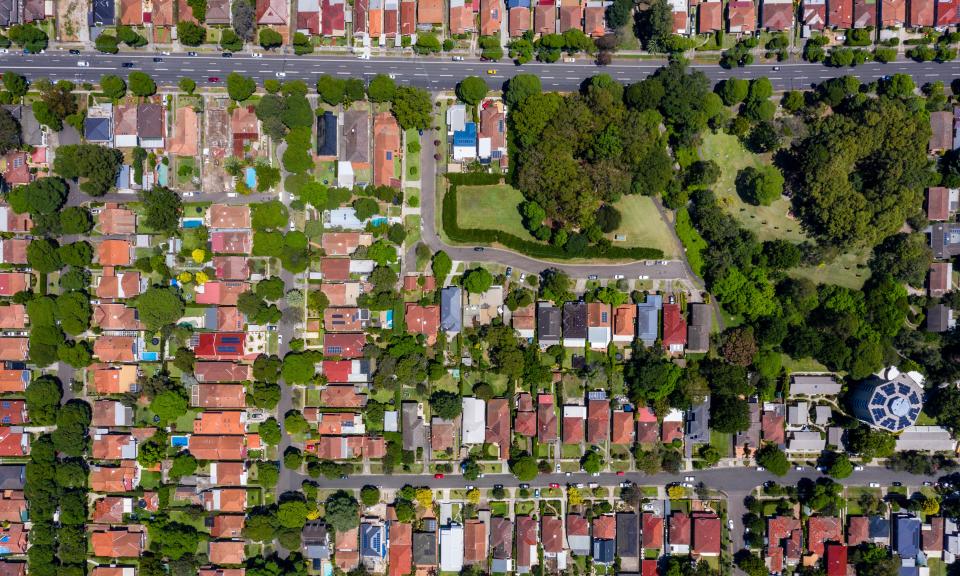NSW delays rules on Airbnb-style letting after concerns they are being rushed

The New South Wales government’s decision to delay the implementation of new rules governing Airbnb-style letting has been welcomed by accommodation-sharing platforms.
The new rules – which include the expansion into regional areas of the 180-day cap on using empty properties for short-term rentals – were due to come into effect on 30 July, but the start date has been pushed back by three months to 1 November.
The planning minister, Rob Stokes, said the decision was taken after key stakeholders raised concerns about the timing and implementation of the rules.
“In the interest of conciliation, and to give the policy the best chance to succeed, we’re happy to extend the date for implementation to 1 November, which should give the industry ample time to adjust,” he said.
Stokes said the industry should have been prepared for the implementation of the new rules.
“I maintain that the introduction of the policy should not come as a surprise, as we have been working with industry and councils on short-term rental accommodation since 2017.”
Stayz, a short-term rental company controlled by online travel booking giant Expedia, had called for a six-month delay to allow more time for consultation and trials, accusing the government of “rushing” the changes.
On Wednesday, the company welcomed the short delay, calling on the government “to use the additional time it has allowed itself to work with industry to undertake proper trialling and testing of the new register of all short-term rental listings”.
The company has previously described the rollout of the new policy as a “slow-moving wreck”, warning it will hit NSW’s “fragile tourism economy”.
Under the new framework, a 180-day cap on using empty properties for short-term Airbnb-style rentals, which is already in place in Sydney, would be expanded to a number of coastal and regional areas.
The framework would allow people living in an apartment or house to rent out a part of their home, such as a spare room, for 365 days a year.
It would also introduce a code of conduct for hosts, guests, online booking platforms and agents, as well as providing minimum fire safety standards.
The delay comes only days after the planning department announced it would implement the new rules by the end of July.
The department’s deputy secretary of planning and assessment, Marcus Ray, said on Friday the new framework was being rolled out after “extensive consultations with the community and the holiday-letting industry”.
“We’re proud to finally have a clear set of rules that support the $30bn-a-year industry while protecting the rights of hosts, guests and neighbours,” he said.
The department received over 2,000 submissions in response to the initial framework, and said it had worked with councils and industry bodies to resolve “the complex issues that were raised”.
Local councils have argued the policy would exacerbate a housing affordability crisis, particularly in regional areas.
The president of Local Government NSW, Linda Scott, said the delay was a “real win”.
“Councils are best placed to balance the pressures of housing affordability and local tourism economies, and we hope that Minister Stokes recognises this in any future changes,” she said.
Scott said property owners won’t place their properties up for long-term rent if short-term rent proves more profitable across the year.
“If there are no limits, property owners who think they can make more on the short-term rental market are not going to put their property on the regular rental market,” she said.
“These concerns have only heightened in light of Covid-19, and this policy, if it had gone ahead as is, would have hindered efforts to strengthen the affordable housing market.”

 Yahoo Movies
Yahoo Movies 